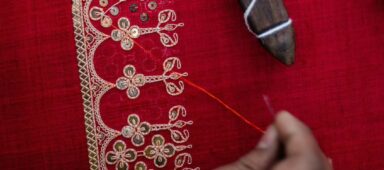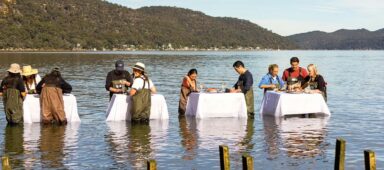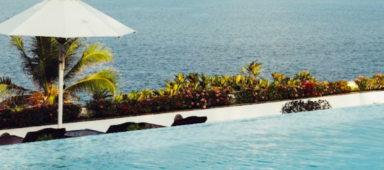A friend in need and a single sewing machine set off Malaysia’s largest fashion social enterprise.
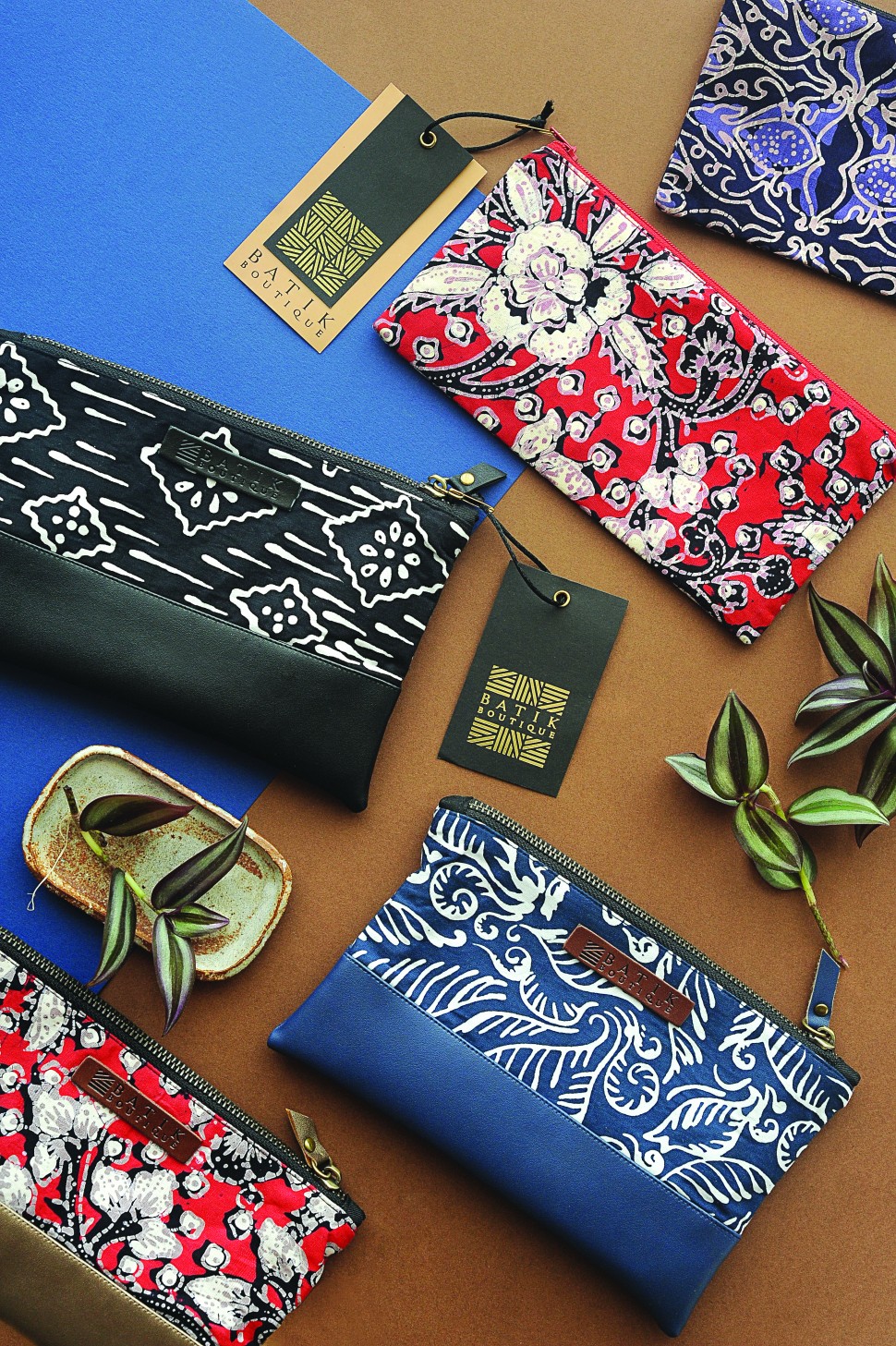
Amy Blair says helping others is in her DNA; it's something she was taught from a young age, growing up in Texas in the United States. Which is why, nine years ago, when she met Ana, a single mother living in the Kota Damansara People's Housing Project (PPR) flats near Kuala Lumpur, she felt compelled to not only change Ana's life but to change the lives of women like her.
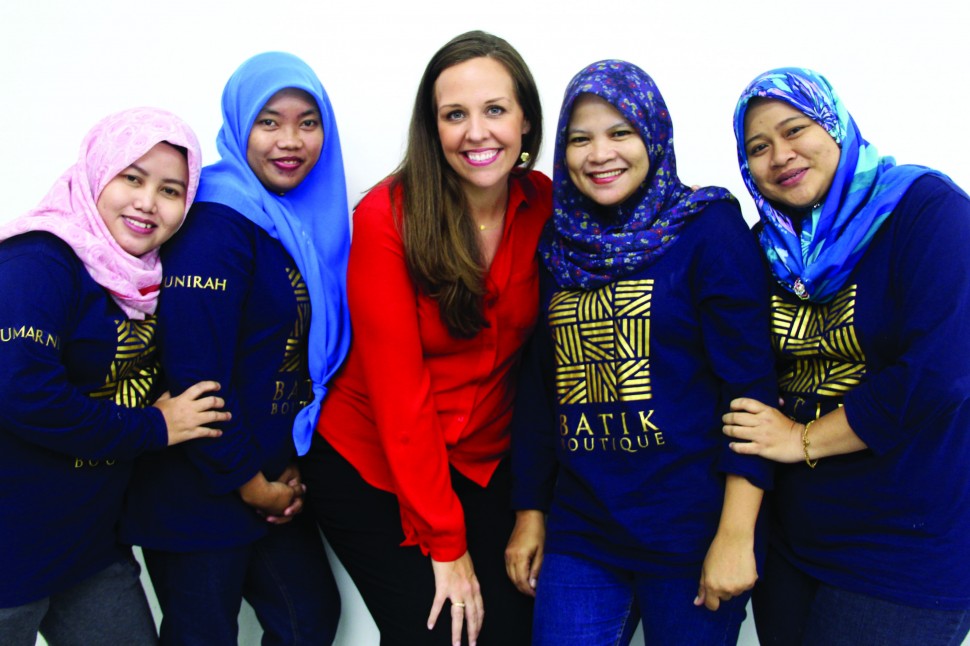
“Ana was teaching me Bahasa (Malaysia’s national language) to earn some extra income, and as I began to know her language, I started to understand her heart and her struggles as a mother,” recalls the entrepreneur.
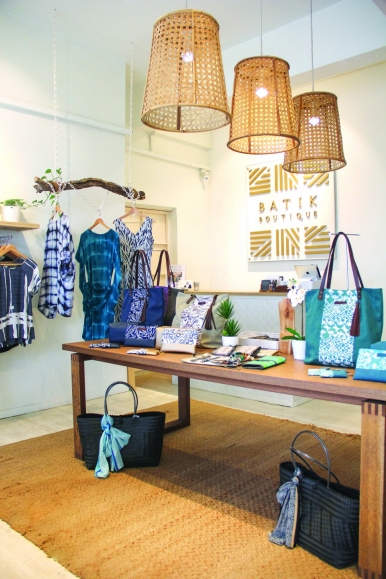
The plight of those living in the PPR flats was highlighted earlier this year by a United Nations Children’s Fund (UNICEF) report, which stated that 99.7 percent of children living there were living in poverty, only half attended pre-school, 15 percent of under-fives were underweight and 22 percent of youth were stunted due to malnutrition.
“I had recently become a mother myself and Ana's challenges resonated with me,” says Blair with compassion. “I couldn't understand how this woman who lived literally five minutes from my home could have such a different life to me. I knew at that point that, as long as I was living in Malaysia, I wanted to be a part of something to help women and mothers have greater opportunities here.”
Blair decided that, if she could get Ana to bake or make something to sell to her friends, she could help her financially. But when Ana said she had a sewing machine, Blair saw a bigger opportunity. “I'd noticed that wherever I travelled in Southeast Asia, there were always really cool gifts to bring home, things that are crafted in a specific country or region. But I always struggled to find those things in Malaysia,” she says. “Which didn't make sense to me because we have the same talented artisans as our neighbouring countries.”
Blair's idea was to reimagine Malaysia's batik industry as a contemporary fashion house and lifestyle brand and create a social enterprise by training and empowering a workforce of marginalised women, like Ana. She started by establishing a sewing centre.
“We surveyed women from Ana's community and we asked them what they needed. They all needed money, that's a given, but the barriers they identified as stopping them reaching their financial goals were primarily childcare and transportation,” she explains. “So we started a sewing training centre within walking distance from the flats.” The profits of Blair's business are then reinvested in the welfare of her workforce through a variety of financial, social and health benefits.
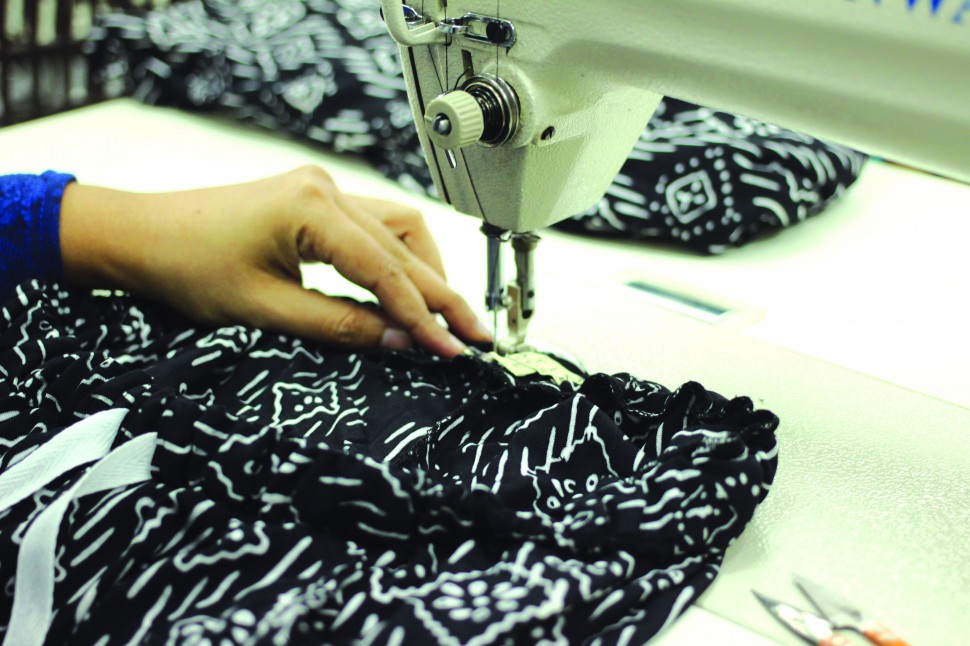
“Anyone who finishes our sewing training programme can start working and earning money with us immediately. We pay 40 percent higher than minimum wage and provide childcare stipends for women working more than 20 hours per week,” Blair says proudly. “We also provide dental care for some of our workers, additional training in other aspects of business, English-language lessons and whatever else they need.”
“We start with the economic stress because when you relieve that burden, people can start to think longer term and that's when you can create sustainable change. By eliminating the struggle of childcare and allowing these women to work fewer hours for a better wage, we create real social impact,” she adds.
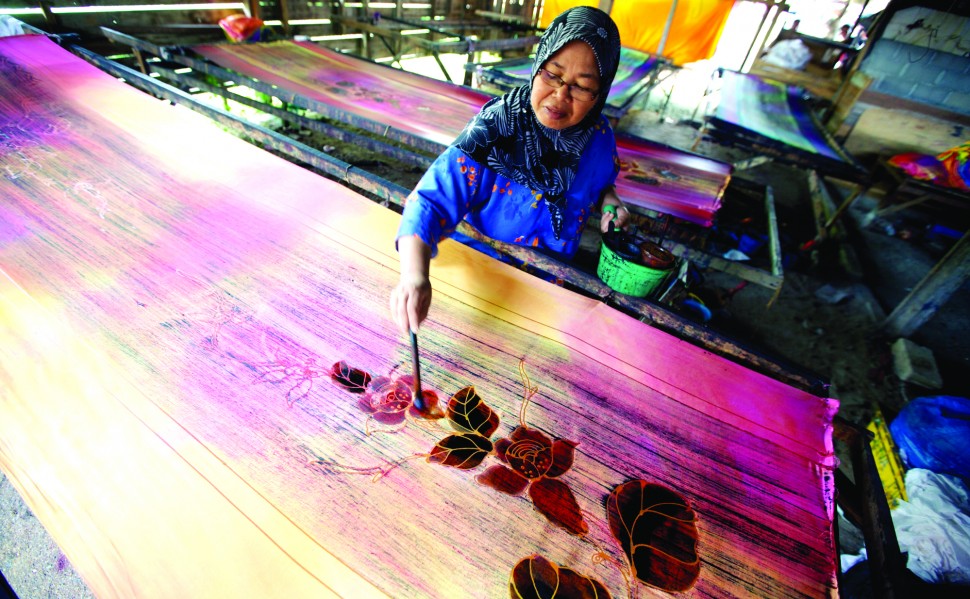
To date, more than 200 women have been trained by Batik Boutique in the Kota Damansara sewing centre and beyond, including women affected by flooding in eastern Kelantan state and those living in remote parts of Malaysia such as Pulau Sibu. The batik they work with is hand-dyed and block-printed by family businesses on Malaysia's east coast, another way Batik Boutique is creating opportunity for those who need it most.
“Batik isn't an industry which has innovated or modernised well and it's difficult to encourage younger generations to stay within these family businesses when, often, they're not making much money. By supporting existing, local businesses with orders and helping them to modernise, we're helping to keep this cultural heritage continuing,” Blair explains.
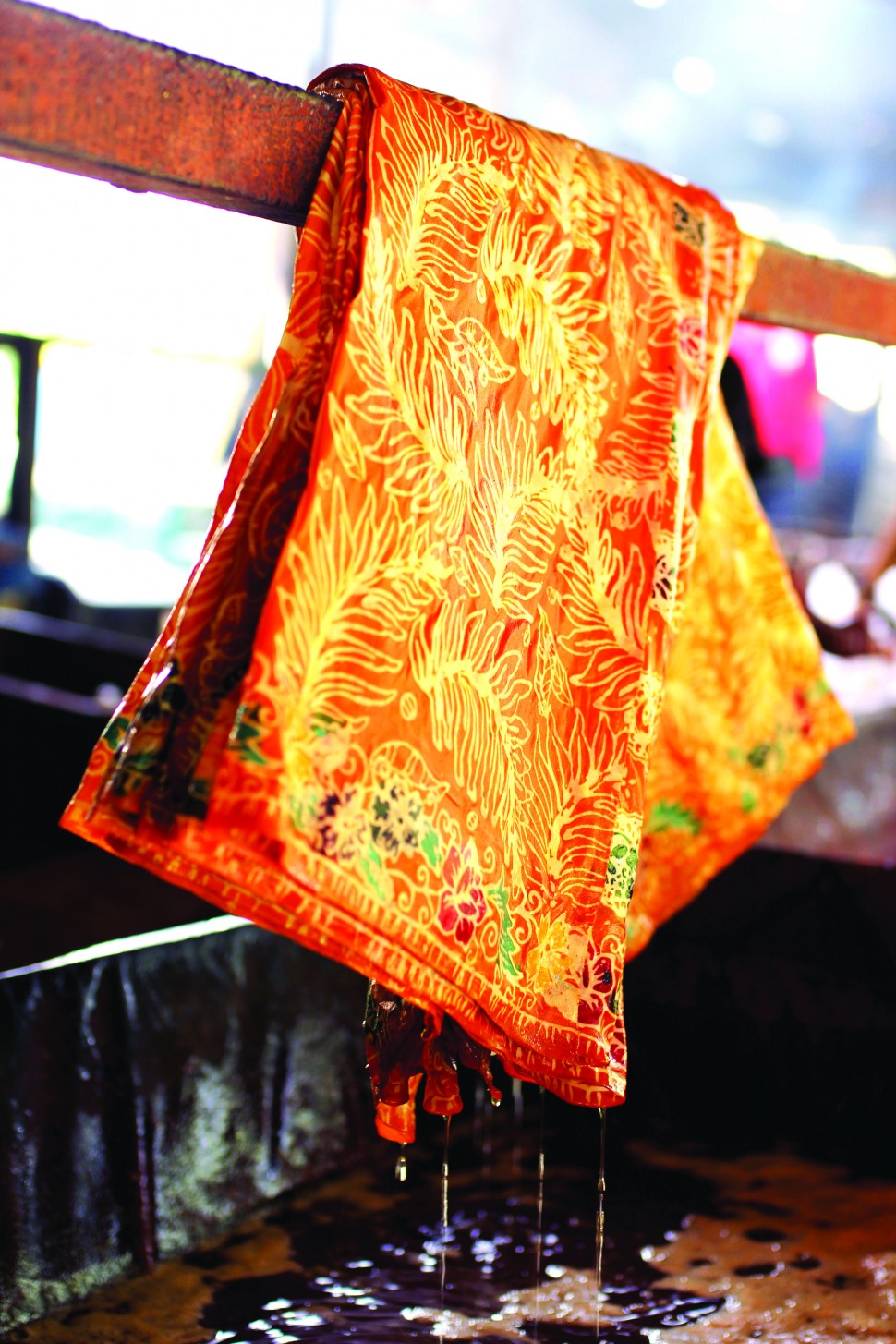
In fact, Batik Boutique orders have been some of the biggest these family businesses have ever fulfilled and their work is regularly shipped globally. Printing batik for a modern, global fashion industry means simplifying the prints and muting the colours, and Blair and her team can also customise colours and prints and add logos and labels for corporate clients. “We use only original batik printing blocks for all of our designs because we want to remain true to Malaysian batik. We just tone down the colours and the layering to appeal to a wider market,” she says.
Batik Boutique's inaugural retail outlet, which opened in December 2017, is located below its office and creative space in Desa Sri Hartamas, where customers can sign up to learn the process of making their own batik in a hands-on workshop. The fashion line is chic and refined, retailing leather clutch bags with batik highlights, lightweight silk kaftans, pretty shift dresses and elegant soft furnishings. Colours are muted pastels and earthy tones.
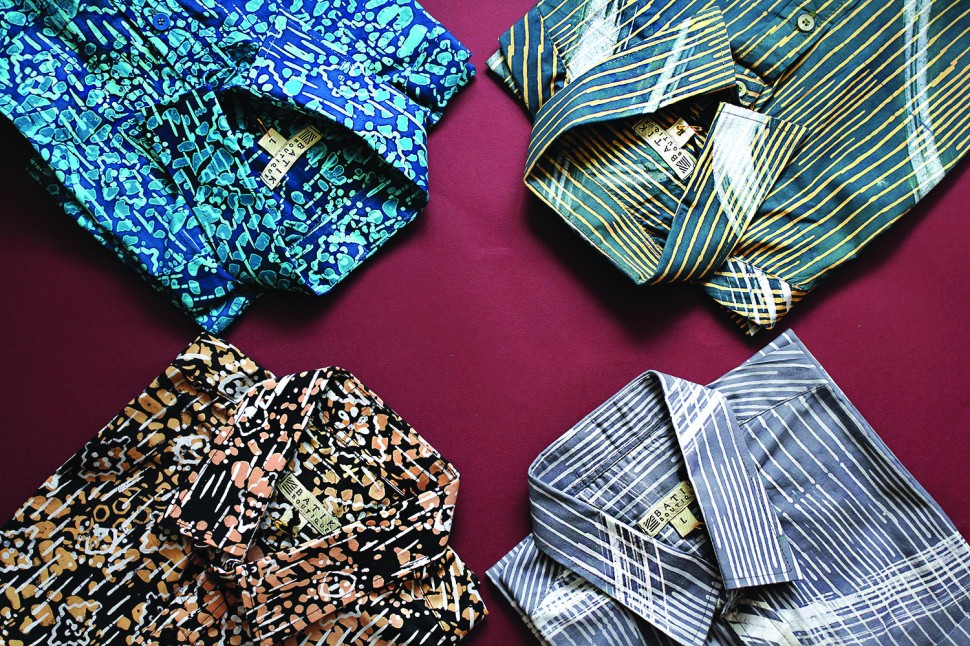
Blair hopes the store will be the first of many outlets to bring the product to the public. “I'd love to eventually have our stores in airports and downtown in the shopping district. The long-term dream is to create an experiential space for batik tourism where you can see batik being made, try some of our workshops and buy our line of clothing, gifts and accessories,” she says.
It's a big ambition but, for Blair, the real triumph of her business is the impact it has had on the people who have sewn it all together. “The women who come to us come with no skill sets at all, often they've never worked before. We had one girl who couldn't read or write. She was a single mom of three kids and within a few months, she's working, she's providing for her children and she's even learning English,” she recalls.
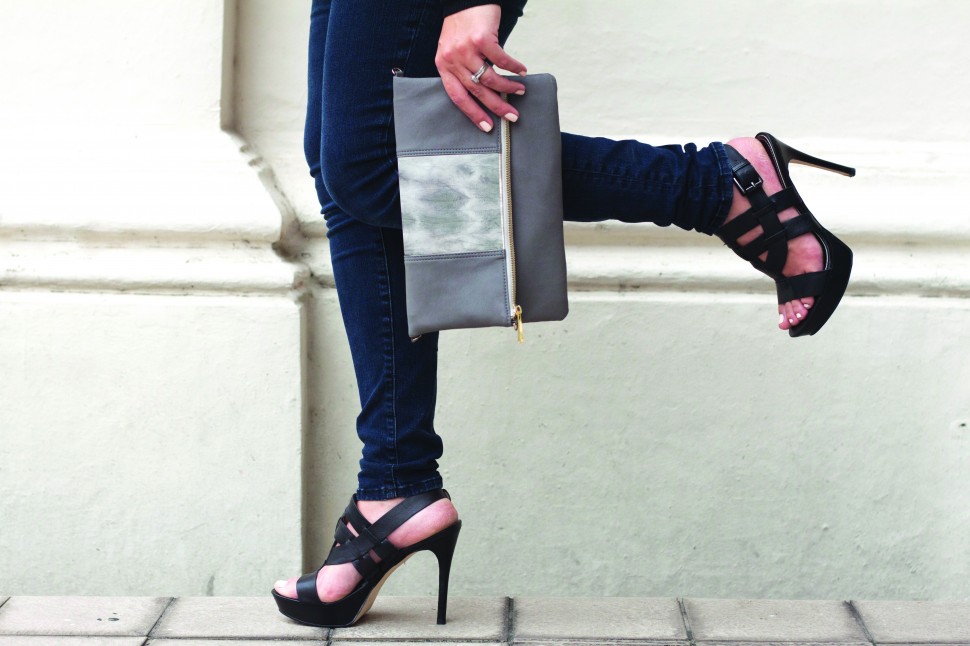
“We had another who's a mom of seven children who were malnourished and had rotting teeth. We trained her, gave her a job and sorted out dental care for her family. Now she's supporting her family, they're eating better, they bought a car and she has ambitions of opening her own clothing store someday,” she adds.
Just as helping others is part of Blair's DNA, Blair says it's also in the DNA of her business. “We're proud to support the individual dreams and ambitions of the women who take part in our programme, because that's the point of it all,” she says, “Batik Boutique is built on those dreams and ambitions and we don't ever forget that.”

